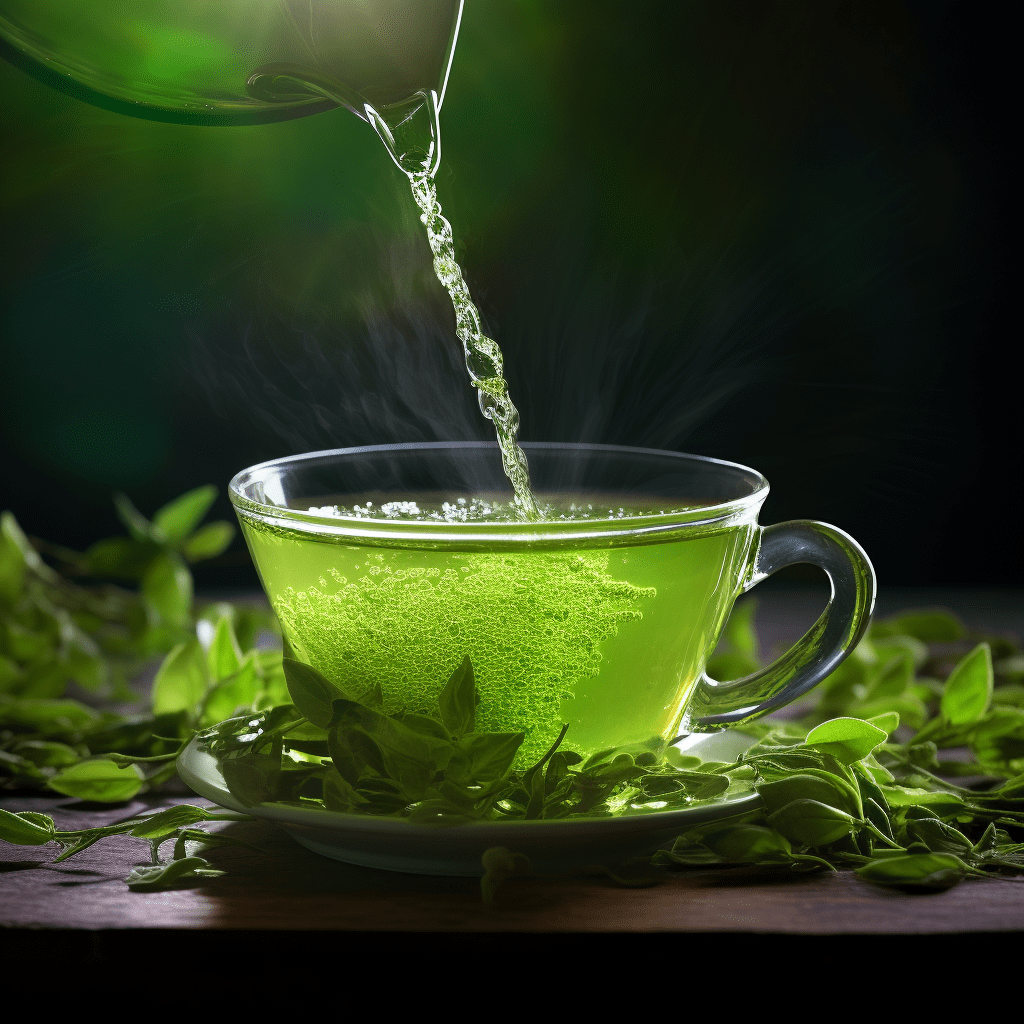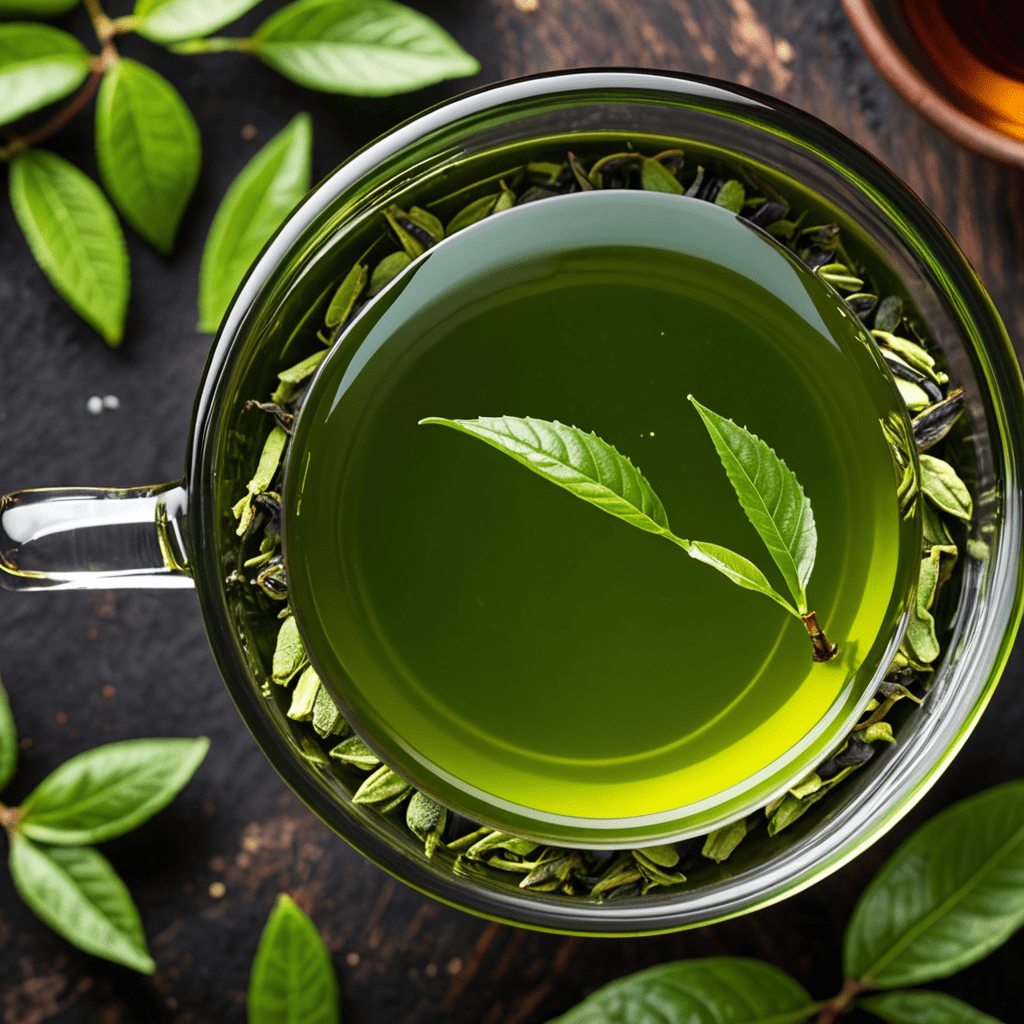The Art of Tea Appreciation: Developing a Taste for Ceylon Tea
1. Introduction: The Allure of Ceylon Tea
Tea appreciation is a multifaceted journey that transcends mere consumption. It is an immersive experience that engages the senses, expands cultural horizons, and nurtures a deep appreciation for the art of tea making. Among the world's finest teas, Ceylon tea stands out as a paragon of excellence, renowned for its exquisite flavors, rich history, and enduring popularity.
2. Understanding the Terroir: Sri Lanka's Unique Tea-Growing Environment
The exceptional quality of Ceylon tea is inextricably linked to the unique terroir of Sri Lanka, a land blessed with a microclimate that fosters optimal tea growth. The island's mountainous terrain, lush vegetation, and tropical climate provide the perfect conditions for tea plants to thrive. The diverse topography gives rise to distinct tea varieties, each with its own distinctive character.
3. The Art of Tea Making: Brewing the Perfect Cup
Unlocking the full potential of Ceylon tea requires a meticulous approach to brewing. The ideal cup starts with high-quality tea leaves, preferably whole-leaf or loose-leaf. The water should be filtered or spring water, heated to a specific temperature depending on the tea variety. Steep the tea leaves for the appropriate duration, allowing the flavors to develop fully.
4. Sensory Exploration: Discovering the Flavors and Aromas
Tea appreciation is a sensory feast, a journey of discovery that engages the taste buds and the sense of smell. Ceylon teas offer a wide spectrum of flavors, from delicate floral notes to robust malty undertones. The aromas, too, are complex and captivating, ranging from fresh citrus to smoky spice. Immerse yourself in the sensorial experience, savoring each sip and identifying the intricate nuances that define Ceylon tea.
5. Tea and Culture: The Social and Historical Significance
Tea is more than a beverage; it is a thread woven into the fabric of Sri Lankan culture. The tea industry has played a pivotal role in the country's history, shaping its economy and society. Tea is a staple of Sri Lankan hospitality, a symbol of welcome and camaraderie. Join us as we delve into the rich social and historical significance of Ceylon tea, uncovering its deep-rooted connections to the land and its people.
6. Health Benefits: Exploring the Medicinal Properties
Beyond its sensory pleasures, Ceylon tea offers an array of health benefits that have been recognized for centuries. Black teas, in particular, are rich in antioxidants, which help protect the body from free radical damage. Research suggests that regular tea consumption may reduce the risk of certain chronic diseases, including heart disease, cancer, and type 2 diabetes. Additionally, Ceylon tea contains compounds that may aid digestion, boost the immune system, and improve cognitive function.
7. Pairing Tea with Food: Enhancing Culinary Experiences
Tea is not merely a beverage; it can also be a culinary partner, enhancing the flavors of various dishes. Ceylon teas, with their diverse flavor profiles, offer a wide range of pairing possibilities. Delicate teas complement light fare, such as salads and seafood, while robust teas pair well with richer dishes like grilled meats and hearty stews. Experimenting with different tea and food combinations is a delightful way to discover new culinary horizons and elevate your dining experience.
8. Tea Blending: Creating Unique and Complex Flavors
The art of tea blending involves combining different types of tea to create unique and complex flavors. Ceylon tea, with its diverse range of varieties, is a blender's paradise. By blending different teas, enthusiasts can tailor the flavors to their personal preferences. Experimentation with different ratios and combinations is encouraged, as it leads to the discovery of new and exciting flavor profiles.
9. The Ethical Aspect: Sustainability and Fair Trade Practices
In today's world, ethical considerations are an integral part of tea appreciation. Ceylon tea is renowned for its commitment to sustainability and fair trade practices. The industry adheres to strict environmental standards to minimize its ecological footprint. Additionally, fair trade initiatives ensure that tea workers are treated fairly and compensated adequately. By choosing ethically sourced Ceylon tea, consumers can support sustainable farming practices and promote social justice.
10. Conclusion: Cultivating a Passion for Ceylon Tea
Tea appreciation is a journey of discovery, a celebration of flavors, and a connection to a rich cultural heritage. Ceylon tea, with its exceptional quality and diverse flavors, offers an unparalleled opportunity to cultivate a passion for this ancient beverage. Embrace the art of tea making, explore the sensory nuances, and delve into the cultural significance of Ceylon tea. Allow this exquisite brew to enrich your life, expand your culinary horizons, and inspire you with its timeless allure.
FAQs
What is the difference between black tea and green tea?
Black tea undergoes oxidation, a process that gives it its dark color and stronger flavor, while green tea does not.
How can I store tea leaves to maintain their freshness?
Store tea leaves in an airtight container in a cool, dark place away from direct sunlight and moisture.
What is the ideal steeping time for Ceylon tea?
Steeping times vary depending on the type of tea, but generally range from 3 to 5 minutes.


